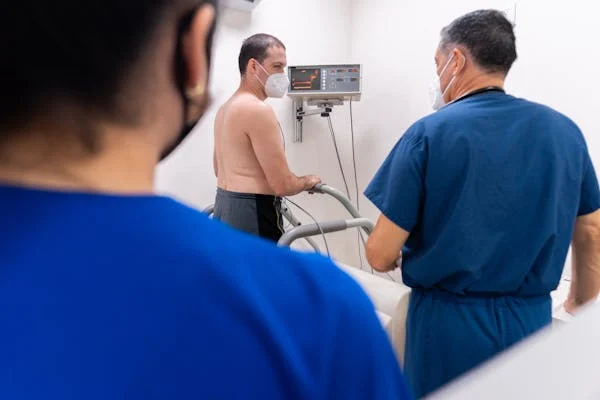Ocugen, Inc. (“Ocugen” or the “Company”) (NASDAQ: OCGN), a biotechnology company focused on discovering, developing, and commercializing novel gene and cell therapies and vaccines, today announced that dosing is complete in the first cohort of its Phase 1/2 ArMaDa clinical trial for OCU410 (AAV-hRORA)—a modifier gene therapy candidate being developed for geographic atrophy (GA), an advanced stage of dry age related macular degeneration (dAMD). GA affects approximately 1 million people in the United States alone.
“We are very enthusiastic about the potential of OCU410 as a one-time treatment for life with a single sub-retinal injection,” said Dr. Shankar Musunuri, Chairman, CEO and Co-Founder of Ocugen. “While there are currently two recently approved products for the treatment of GA, both require approximately 6-12 intravitreal injections annually and target only the complement system. OCU410 addresses multiple pathways causing dAMD, including complement, lipid metabolism, inflammation, and oxidative stress.”
Up to 13 leading retinal surgery centers across the United States are participating in the ArMaDa clinical trial. The enrollment in the first cohort is now complete and 3 subjects received 200µL single subretinal administration of the low dose (2.5×1010 vg/mL) of OCU410.
“As a retinal surgeon, I am encouraged by therapeutic options that can potentially provide long-term benefit to my patients,” said Lejla Vajzovic, MD, FASRS, Director of Duke Surgical Vitreoretinal Fellowship Program, Associate Professor of Ophthalmology with Tenure in Adult and Pediatric Vitreoretinal Surgery and Diseases, Duke University Eye Center. “OCU410 is a novel modifier gene therapy approach that could initiate a paradigm shift in the field of ophthalmology.”
The ArMaDa clinical trial will assess the safety of unilateral subretinal administration of OCU410 in subjects with GA and will be conducted in two phases. Phase 1 is a multicenter, open-label, dose-ranging study consisting of three dose levels [low dose (2.5×1010 vg/mL), medium dose (5×1010 vg/mL), and high dose (1.5 ×1011 vg/mL)]. Phase 2 is a randomized, outcome accessor-blinded, dose-expansion study in which subjects will be randomized in a 1:1:1 ratio to either one of two OCU410 treatment groups or to an untreated control group.
“The American Macular Degeneration Foundation (AMDF) has supported the research of Dr. Neena Haider, inventor of modifier gene therapy, and OCU410 in particular, and is pleased that Ocugen is now spearheading the clinical trials necessary to bring this therapy closer to patients,” said Matthew Levine, Director of Grants, Advocacy and Partnerships at AMDF. “The continued advancement of OCU410 offers hope to those whose vision is already deteriorating that their remaining vision could be preserved and could potentially prevent others with an early dAMD diagnosis from developing any significant vision loss.”
The Company will continue to provide clinical updates.




